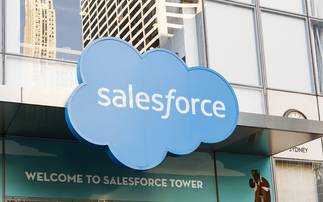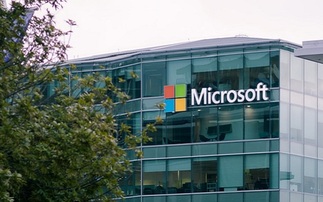Chinese e-commerce giant still controls 45.1 per cent of country's market
Chinese e-commerce giant Alibaba has announced an intention to float on the US stock market, with some estimates valuing the company at around $140bn, with the listing itself predicted to make prof...
To continue reading this article...
Join Computing
- Unlimited access to real-time news, analysis and opinion from the technology industry
- Receive important and breaking news in our daily newsletter
- Be the first to hear about our events and awards programmes
- Join live member only interviews with IT leaders at the ‘IT Lounge’; your chance to ask your burning tech questions and have them answered
- Access to the Computing Delta hub providing market intelligence and research
- Receive our members-only newsletter with exclusive opinion pieces from senior IT Leaders






















